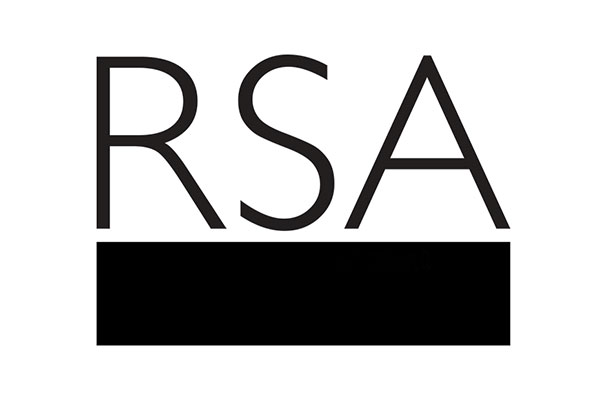As a social entrepreneur, I have had the chance to witness how people can achieve exceptional outcomes if they are empowered with the correct tools and knowledge.
I am the founder of IKUNA, a Chilean marketplace for handmade items and market-place manager for other organisations, I train low-income artisans and micro-entrepreneurs in digital literacy and prepare them to sell their goods online. IKUNA is enriching the lives of artisans and small entrepreneurs by connecting them to the enormous benefits of e-commerce and the internet.
During this process, artisans start to realise that it is up to them to make their businesses grow. The tools are there, they are free and easy to use. Similarly, small producers from remote villages are beginning to understand that their distance from the main cities of the country is not an impediment to connect to customers and show their products to the world.
I have also witnessed this latent potential in a project called PUENTEK, that I founded with three colleagues at Singularity University (Nasa, Silicon Valley), and that I implemented in Chile last year. PUENTEK is a transformative educational program about disruptive innovation and exponential technologies for the underprivileged youth of developing countries. After the program, we found that the young participants start seeing the problems of their communities in a completely different way. They see problems as opportunities and begin to see themselves as potential changemakers.
I have always felt with some certainty that the solutions for the most urgent problems of the underprivileged will be created by the underprivileged themselves. The reason this is not happening on a widespread scale today is due to a lack of education and communication, but this reality could be starting to change. It is said that a minimum of one billion people in the world will start to use the Internet in the next five to ten years, but what does this mean for humanity?
What if everyone could receive high quality education for free? With the arrival of MOOCs, this is becoming a possibility. What if everyone could receive help and funding for their ideas and projects, no matter where they are in the world? Again, with crowdfunding and crowdsourcing proving they are not passing fads, this is starting to look possible.
We are lucky to be living in this exceptional time where billions will start to share their knowledge and understanding of the world. If we empower them to be not only consumers but also digital producers, innovation in the world will boost. Where will we find the next fantastic products and producers? Where will the next great entrepreneurs or social innovators come from?
If the world gives them the right tools, knowledge and opportunities, they will probably come from a favela in Brazil, from a shantytown in Senegal or from the Chilean Patagonia.
Sebastián Espinosa is Founder of IKUNA and PUENTEK. He is also the Director of entrepreneurship at San Sebastián University, University professor and consultant. He is the RSA Connector for Chile.
Related articles
-
Empowering Women farmers in Vietnam
Alison Kwan
How Alison Kwan FRSA, winner of RSA Catalyst Seed Grant, is using the Grant to create an innovative, sustainable way to empower Women in Central Vietnam to be independent farmers.
-
Reliably simplifying the management of complexity
Shann Turnbull
Dr Shann Turnbull FRSA responds to the RSA ANZ blogging challenge, hosted in collaboration with 92Y as part of the Seven Days of Genius Festival - a global festival celebrating the power of new ideas. Shann advocates for a form of governance inspired by the ecological.
-
Gender inequality compounds poverty, but business could help redress the balance
Neil Richmond FRSA
Neil Richmond FRSA introduces his social enterprise OneSqin - the world's first health and beauty brand to donate 100% of profits to support the education of girls in need.



Be the first to write a comment
Comments
Please login to post a comment or reply
Don't have an account? Click here to register.